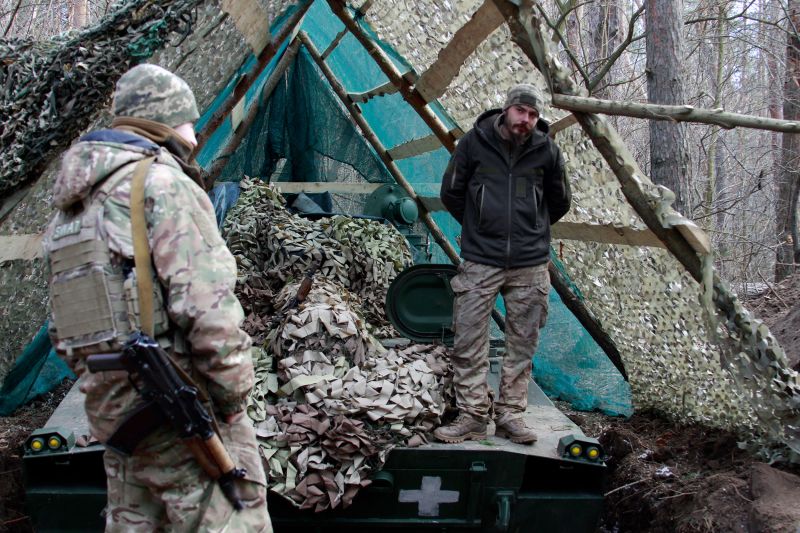As the wind of conflict continues to whirl around the eastern European nation of Ukraine, the citizens and soldiers are watching a critical source of support wane away, the United States of America. Dispatched to the frontline without sufficient ammunition, Ukrainian soldiers are ushered into an escalating battle with a deficit on a critical resource – ammunition. They are heading out into a conflict zone with the knowledge of this deficit. The reliance on aid from the western world, specifically the United States, has been a buoying factor for Ukraine. However, with the recent stall by the US Congress on aid to Ukraine, this situation is growing more precarious.
Latest developments in the United States have unfortunately converged to place a roadblock in the path of this critical military aid. The US Congress has recently stalled a vote that would allow this aid to flow to the war-torn country. Key factors contributing to Congress’s hesitance include domestic political issues, with the controversy around the presidential election and the recent impeachment proceedings. These political distractions have consumed Congress’s energy and attention, thereby hampering any advancements in the Ukrainian aid vote.
This decision, or the lack thereof, by the US Congress carries weighty implications for Ukraine. Since the onset of this conflict, the United States’ aid has been an invaluable resource for the Ukrainian military. It complements the nation’s own resources and fills in the gaps, especially in ammunition supplies. The delay of aid thus leaves the Ukrainian soldiers severely under-equipped to face their adversaries.
Impacts of this stall are already being felt on the frontline. Ukrainian military officials have publicised their concerns. The soldiers, despite their spirit and commitment to defending their territory, are apprehensively entering the battlefield, conscious of their limited resources and the resulting strategic limitations. The discouragement among the forces is palpable, as they understand the potential consequences of an ammunition shortage in active combat situations.
Moreover, as the US signals a decline in its support, Ukraine is laid vulnerable to heightened pressure from its opposing forces. The delay or possible withholding of aid could act as encouragement for Ukraine’s adversaries. The psychological implications, therefore, reach beyond the Ukrainian troops to boost the morale of their opposition who could interpret this as a weakening international support for Ukraine, tipping the balance of power.
The role of other international allies at this stage is evolving to cover the vacuum left by the US. The European Union has expressed unease at the situation and is deliberating increased support. Whether this will be enough to ameliorate the military’s shortages, however, remains to be seen.
Indeed, while the domestic matters of the US are nontrivial, the international ramifications of such preoccupation are severe – especially for states like Ukraine. The US Congress needs to carefully weigh these global implications and consider the urgency of the situation as Ukrainian soldiers courageously march towards the frontline, fully aware of their hindered capacity for defense. As the world continues to watch the situation unfold, the resilience and bravery of the Ukrainian forces, even in the face of disadvantage, remains a powerful testament to their dedication and determination.




